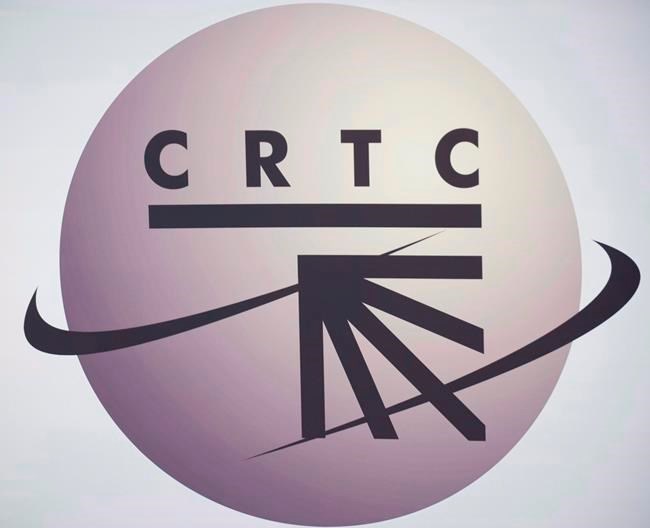Five projects serving 51 communities in northern Canada have been awarded $72 million from the CRTC's Broadband Fund, a program that CRTC chairman Ian Scott says has become even more necessary due to the COVID-19 pandemic.
Most of the money, which is subject to various conditions, will flow to a subsidiary of Canada's largest telecommunications company and the remaining $9.9 million will go to a community-based service provider in northern Manitoba.
In total, the Canadian Radio-television and Telecommunications Commission says the money will improve internet access services for more than 10,000 households in 51 communities, most of them Indigenous.
Scott said the COVID-19 pandemic highlighted the critical need for reliable communications networks.
"We recognize ... this is really important, more important than ever in the current environment and we'll be working hard to get out decisions as fast as we can," Scott said in an interview.
Four of the projects that were announced Wednesday were proposed by Northwestel Inc., a wholly owned subsidiary of BCE Inc.'s Bell Canada.
The Northwestel projects include: $4.1 million for eight satellite-dependent N.W.T. communities; up to $16.8 million to bring high-speed fibre connections to 18 N.W.T. communities; $2.86 million to improve satellite service in Old Crow, Yukon; and $38.5 million to improve fibre service to 19 communities in Yukon.
The fifth project, covering five communities in northern Manitoba, was proposed by Broadband Communications North, which is governed by representatives from tribal councils, regional political organizations and independent Indigenous communities.
The Broadband Fund is designed to help provide service in places where it would be unprofitable to build them without assistance.
"If they are economically viable without our funding, we won't fund them," Scott said in an interview.
The announced projects are the first to receive a total of up to $750 million over five years. The CRTC is currently going through nearly 600 additional applications seeking a total of about $1.5 billion.
The fund — which is paid for by levies collected from Canada's communications carriers, not through the tax system — was created to help achieve the CRTC's mandate to establish basic broadband internet service throughout the country.
The CRTC announced in late 2016 — about a year into the Trudeau government's first mandate and prior to Scott's appointment in 2018 — that it would set up an independent body to distribute funding for broadband in underserved areas.
It began collecting applications last year and Scott said the timeline for the next round of decisions is uncertain, given the amount of work required to consider the applications.
This report by The Canadian Press was first published Aug. 12, 2020
David Paddon, The Canadian Press


